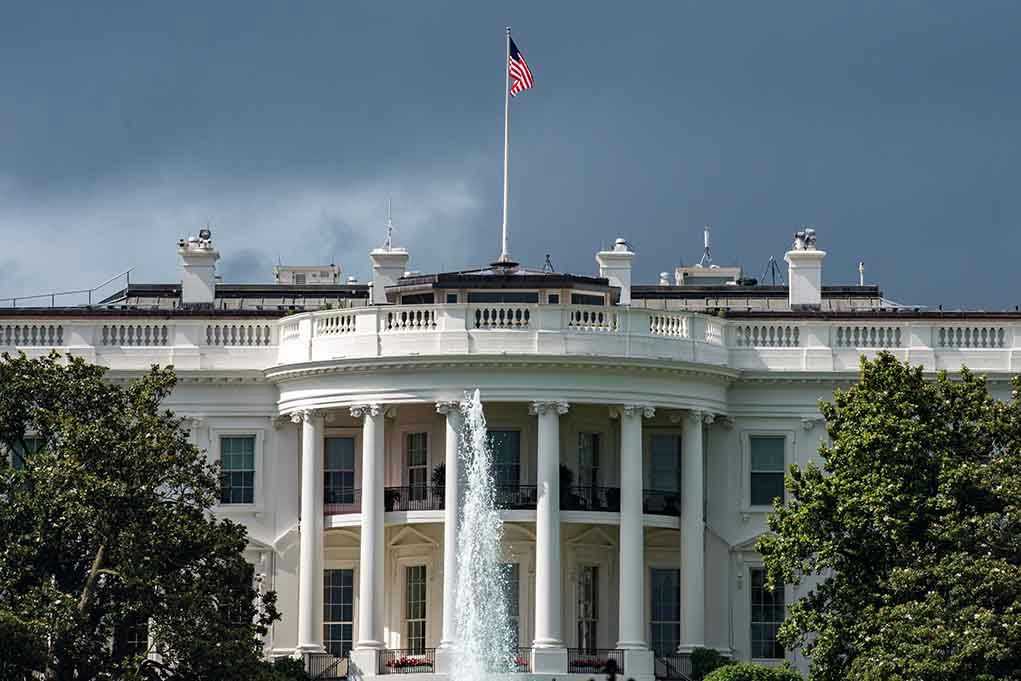
Mark Twain’s nuanced patriotism reveals a love for American ideals tempered by a sharp critique of its failures.
Story Overview
- Twain’s patriotism is rooted in American ideals, not blind allegiance to policies.
- His works blend humor and critique to explore American identity.
- Twain’s satire targets hypocrisy, prompting reflection and reform.
- His legacy influences current debates on nationalism and civic responsibility.
Twain’s Patriotic Vision: A Love for Ideals
Mark Twain’s writings offer a profound engagement with American identity, revealing a deep love for the nation’s founding ideals such as liberty, self-invention, and democracy. Born Samuel Clemens in 1835, Twain’s life spanned a critical period in American history, witnessing the Civil War and the rise of American imperialism. His works, including major novels like “Tom Sawyer” and “Huckleberry Finn,” both celebrate and challenge the American spirit, embodying a patriotism that goes beyond mere allegiance to government.
Twain’s patriotism is not blind; it is principled and critical. He believed in supporting the country’s ideals, not necessarily its government or policies. His satire, often directed at political corruption and social injustice, invites readers to reflect on America’s contradictions. By using humor as his tool, Twain exposed hypocrisy and provoked meaningful thought, encouraging Americans to strive for a nation that truly embodies its ideals of freedom and conscience.
Contextual Roots of Twain’s Critique
Twain’s upbringing in antebellum Missouri, a region marked by slavery and frontier life, deeply influenced his views on American society. These experiences instilled in him a skepticism of authority and a critical eye towards social injustice. As America expanded and industrialized, Twain’s works increasingly addressed the moral and political challenges of his time. His travel writings and public speeches further enriched his perspective, offering a global view that informed his critique of American imperialism.
During the late 19th and early 20th centuries, Twain became a vocal critic of American imperialism, particularly evident in his work “The War Prayer.” This short piece satirizes the patriotic fervor that often accompanies war, questioning the moral implications of blindly supporting nationalistic endeavors. Twain’s critiques echoed those of earlier American dissenters and set a precedent for later literary voices who grappled with issues of patriotism and national identity.
The Enduring Influence of Twain’s Legacy
Twain’s celebrity status allowed him to wield significant influence, although his contrarian views sometimes alienated establishment figures. His ability to provoke thought and reform through storytelling ensured that his works remained relevant, continuously inviting readers to distinguish between love of country and uncritical support for government. Twain’s satirical approach to patriotism challenges individuals to engage with civic responsibility and dissent as essential components of a healthy democracy.
Modern scholarship continues to explore the complexity of Twain’s relationship with America. His legacy is re-evaluated in light of contemporary debates over nationalism, dissent, and American identity. Twain’s works remain a staple in education, influencing generations of readers and thinkers. His critiques of imperialism and political corruption inform ongoing discussions about America’s role on the global stage, while his celebration of liberty and conscience supports democratic values.


















